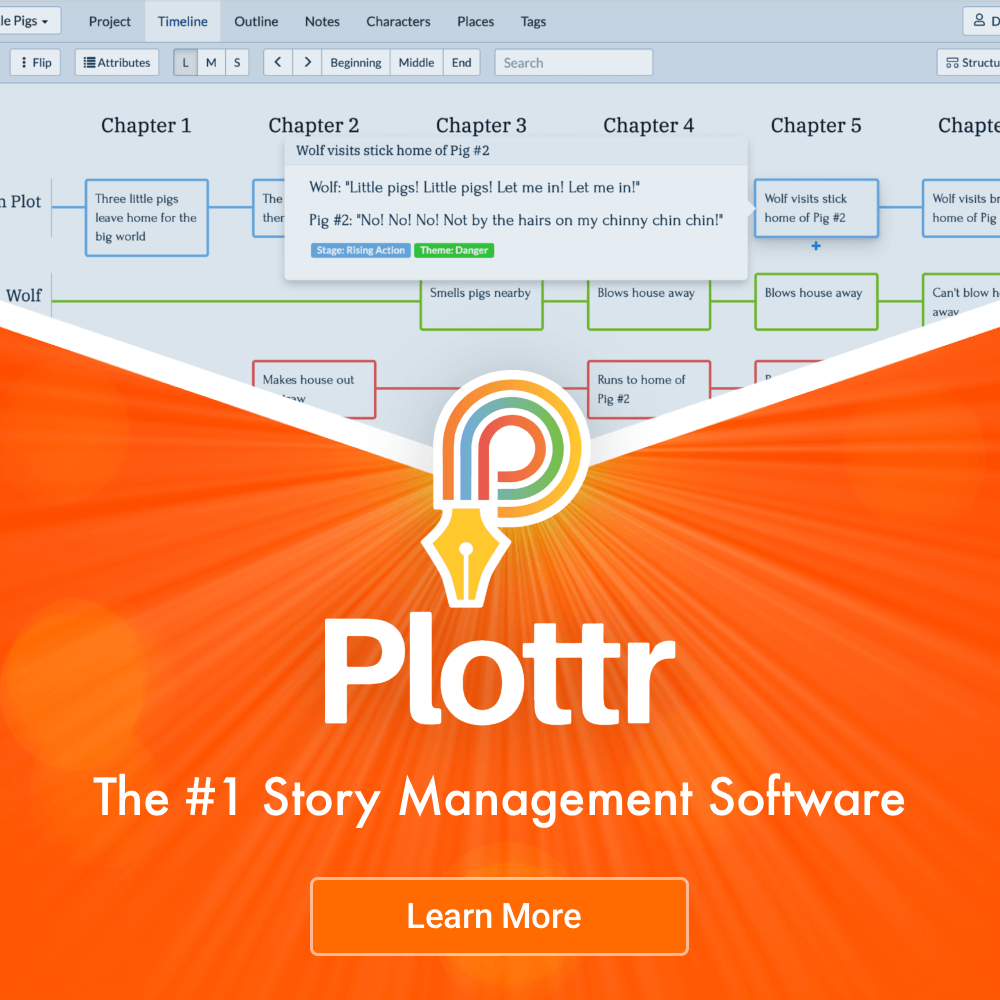For anyone intent on getting published, the sheer number of solutions available to you today can be highly surprising. However, for the most part, two solutions are commonly looked at. We shall them the ‘Indie’ route and the ‘Traditional’ route.
Indie publishing is the art of self-publishing the book using the various self-publishing tools that exist to us today. By contrast, traditional publishing involves going with an existing publishing company. There are various pros and cons to each, and determining the right route for you is very important. So, let’s take a deeper look.
Indie publishing versus traditional publishing – the things to consider
Traditional publishing
For many people, going down the route of a traditional publishing contract seems like a wise choice. It makes sense for various reasons, especially if you want to focus on the following attributes:
- You want to see money before release. Publishers tend to pay you an advance, meaning that you see a portion of income in the bank as soon as you sign your publisher contract.
- You have time to wait. Many authors need money now so they can survive, but if you have the ability to wait then a publisher allows you to perfect your book prior to its release.
- Do you want to see your books in shelves on a store? Then you probably want a big publisher, as they have the contacts and clout to get your book on the shelves..
- Do you like media interaction? Good, because publishers will send you on marketing tours to try and promote your book to your best audience. These are fun, if exhausting, experiences.
- If you want to spend your time writing as opposed to marketing, approach a publisher. They are the professionals who will take care of the editing, marketing, designing the covers etc.
However, getting a publisher to accept your work is much harder and very competitive. Publishers receive thousands of manuscripts per week; so your manuscript needs to stand out to land a contract.
Independent publishing
By contrast, independent writing is the ‘cheap’ option that exchanges professional support for total autonomy. You need to do everything yourself, but you might enjoy that aspect if you:
- Want to get a lion’s share of the royalties? While you need to take on everything from the marketing to the cover creation, you do get every penny that you make from the book sales after the distributor cut..
- Want to own the rights? With the publication under your own banner, you never have to worry about seeing your protagonist played in a Hollywood recreation without your permission.
- Enjoy having total editorial control. Most writers, rightly, have no intention of ceding control of their story. Publishers might want more control over the writing, though. Do you want that?
- Want to work at your own pace. Free from the deadlines of a publisher and a marketing campaign etc. you can take the good old approach of ‘it’s done when it’s done’ and be happy with that.
- Want to work without the pressure? A publisher will have a strict schedule and deadlines, most likely without much flexibility.
- Prefer to work without third party pressure. Releasing the book on your own means you have total control over everything, including when you finally finish the release.
What is the right choice for you?
It is hard to say outright what the best choice is for every person. Typically, though, many people find that going down the indie route is easier to start with, but harder to succeed with. Indie publishing gives you total control, which is both a positive and a negative. At the same time, traditional publishing – while having a higher bar for entry – gives you support with editing, improvement, and marketing of your publication.
So, what is the right choice? It comes down to your experience, confidence, and arguably your budget. As ever, the best solution is to thoroughly research your options. speak to other authors who have been involved in similar considerations in the past. Read interviews with current authors, and see their chosen path.
Most importantly, Act! Don’t allow analysis paralysis to stop you from making a choice. Research, analyse, and decide. Take your path to authorship regardless of what path you feel is the right one for you.







